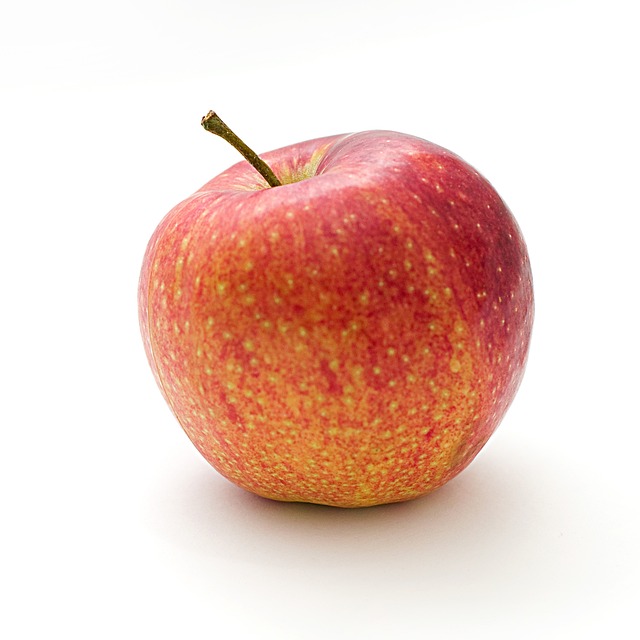Probiotics 101: Everything You Need to Know for a Healthy Gut
Welcome to our comprehensive guide to probiotics and their role in maintaining a healthy gut. Probiotics are living microorganisms that provide numerous health benefits when consumed in adequate amounts. These friendly bacteria can positively influence your digestive system and overall well-being.
What Are Probiotics?
Probiotics are live bacteria and yeasts that are good for your health, specifically your digestive system. Our bodies are home to trillions of bacteria, both beneficial and harmful. The balance of these microorganisms is essential for your gut health.
There are many strains of probiotics, but some of the most common include Lactobacillus and Bifidobacterium. These beneficial bacteria can be found in certain foods like yogurt, kimchi, sauerkraut, and even in the form of dietary supplements.
Benefits of Probiotics
Consuming probiotics regularly can have several benefits for your overall health, including:
- Improved Digestion: Probiotics can help restore the natural balance of bacteria in your gut, promoting healthy digestion and preventing common digestive issues such as bloating, diarrhea, and constipation.
- Boosted Immune System: The gut is closely linked to the immune system. Probiotics help strengthen your immune response, reducing the risk of infections and allergies.
- Enhanced Nutrient Absorption: Probiotics aid in the breakdown and absorption of nutrients, ensuring that your body receives maximum nutrition from the food you consume.
- Reduced Inflammation: Certain strains of probiotics have anti-inflammatory properties, which can help alleviate symptoms of chronic inflammation throughout the body.
- Improved Mood and Mental Health: The gut-brain connection is significant, and probiotics have shown potential in reducing symptoms of anxiety, depression, and stress.
How Do Probiotics Work?
Probiotics work by introducing beneficial bacteria to your gut and supporting the existing microbial community. They help restore balance, which can be disrupted by factors such as poor diet, antibiotics, or stress.
When probiotics reach your gut, they adhere to the intestinal lining, preventing harmful bacteria from colonizing. They also produce substances that promote a healthy gut environment and strengthen the intestinal barrier.
Sources of Probiotics
Probiotics can be obtained from various natural sources, including:
- Yogurt: Look for yogurt with “live and active cultures” on the label, as these contain beneficial bacteria strains.
- Kimchi: A traditional Korean side dish made from fermented vegetables, rich in probiotics.
- Sauerkraut: Fermented cabbage that provides a good source of probiotics.
- Kombucha: A fizzy fermented tea that can be purchased or made at home, packed with probiotics.
- Supplements: Probiotic supplements are available in various forms, including capsules, powders, and liquids. Look for reputable brands with a variety of strains.
Introducing Probiotics to Your Diet
If you’re new to probiotics, it’s best to start slowly and gradually increase your intake. Incorporate a variety of probiotic-rich foods into your diet and observe how your body responds.
When opting for probiotic supplements, consult with a healthcare professional to determine the appropriate strain and dosage for your specific needs. Not all strains are suitable for everyone, especially those with underlying health conditions.
Conclusion
Probiotics play a vital role in maintaining a healthy gut. These beneficial bacteria provide numerous health benefits, from improving digestion and boosting the immune system to reducing inflammation and promoting mental well-being. Whether through food or supplements, incorporating probiotics into your daily routine can have a positive impact on your overall health and well







